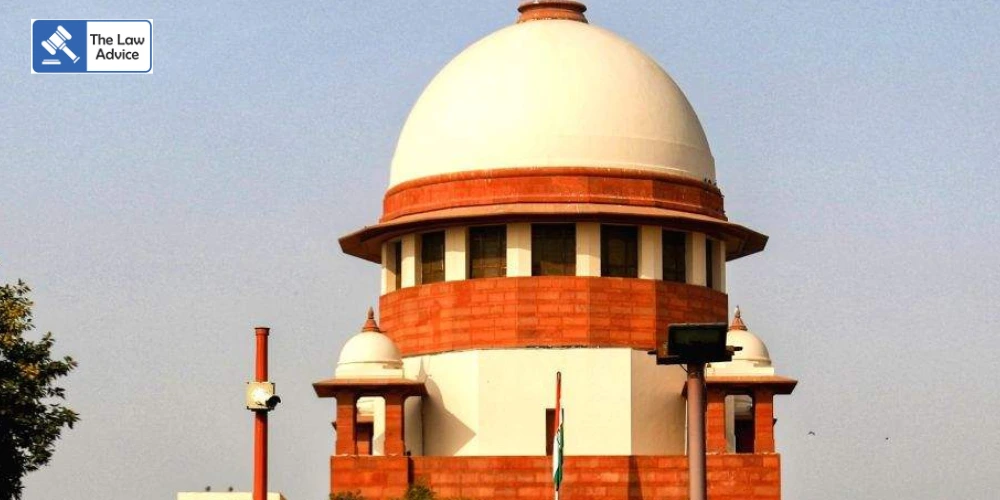The Supreme Court of India has upheld a ruling of the Karnataka High Court which had quashed an FIR registered against a Bengaluru-based recreation club owned by M/s. DM Gaming Pvt. Ltd, where the game of Poker was being played. The FIR alleged that the activity amounted to illegal gaming under the Karnataka Police Act, 1963.
A Bench comprising Justice MM Sundresh and Justice Satish Chandra Sharma, while dismissing the State’s Special Leave Petition (SLP), observed that there was no ground to interfere with the High Court’s decision. However, the Court clarified that the larger question of law regarding the status of Poker as gambling or skill-based activity was being kept open for future consideration.
“We do not find any ground to interfere with the impugned order passed by the High Court. However, the question of law is left open. The Special Leave Petition is, accordingly, dismissed,” the Bench recorded.
The FIR in question had been lodged against the gaming club under Sections 79 and 80 of the Karnataka Police Act, 1963, provisions that deal with gaming offences and activities considered as gambling or betting.
During inspection, the police alleged that:
• Non-members were found present in the premises,
• Tokens worth ₹3,000 were being circulated,
• ₹9,000 in cash was recovered, and
• Mobile phone transactions suggested that several thousand rupees were involved.
The prosecution’s case was that such circumstances indicated illegal gaming activity.
High Court’s Reasoning
The Karnataka High Court, however, quashed the FIR by relying on its earlier ruling in Rohit Tiwari v. State of Karnataka, where it had clarified that Poker and Rummy are recognized as games of skill.
In the Rohit Tiwari case, the Court had noted that the FIR did not disclose any real offence but was instead a mere recital of what the police observed during their visit to the club. The Court emphasized that the presence of cash, tokens, or even mobile transactions was insufficient to establish unlawful gaming unless there was clear evidence of betting or gambling activity.
The High Court in Rohit Tiwari had also drawn support from earlier judgments, including:
• All India Gaming Federation v. State of Karnataka (Division Bench decision of the Karnataka HC), and
• M/s. DM Gaming v. State of Uttar Pradesh (Allahabad HC decision),
both of which recognized Poker and Rummy as predominantly skill-based games.
Supreme Court’s Observations
When the State of Karnataka challenged the quashing order in the Supreme Court (through SLP (Criminal) Diary No. 43003/2025), the Apex Court declined to intervene. The Bench upheld the High Court’s approach but consciously refrained from settling the broader legal question concerning whether Poker should universally be classified as a game of skill or chance.
By leaving the question of law open, the Supreme Court signaled that while the present FIR could not stand, the issue of Poker’s legal status may still be adjudicated in future cases.
Outcome
• The FIR against DM Gaming Pvt. Ltd was finally quashed.
• The Supreme Court dismissed the State’s SLP.
• The ruling reinforced the High Court’s line of precedents that Poker and Rummy are games of skill, but also preserved judicial flexibility by leaving the legal classification debate unresolved.
Case Details
• Case Title: State of Karnataka v. DM Gaming Pvt. Ltd. & Ors.
• Case No.: Special Leave Petition (Criminal) Diary No. 43003/2025
• Bench: Justice MM Sundresh, Justice Satish Chandra Sharma
• Court: Supreme Court of India
